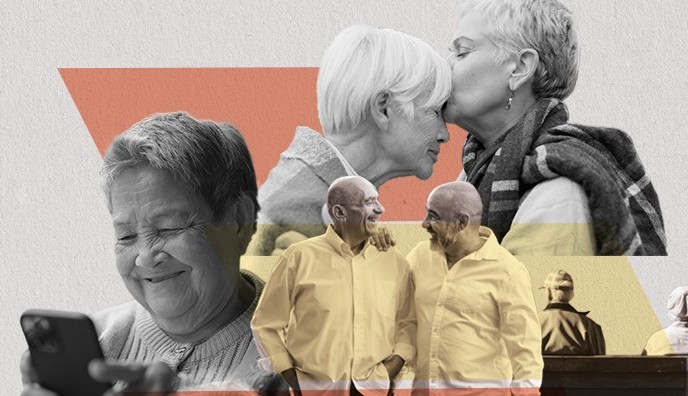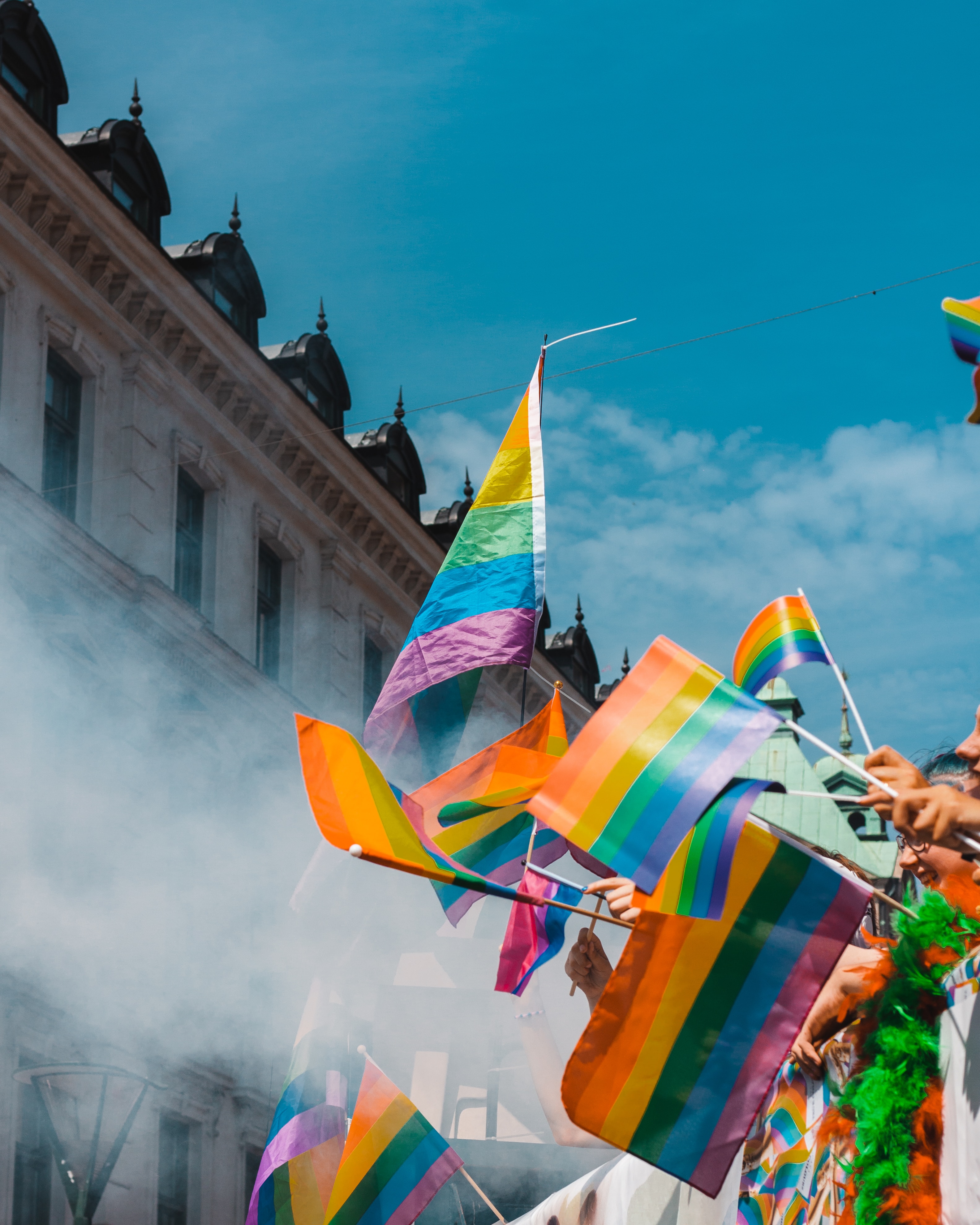In 2024, Fondation Émergence raised the alarm about the rollback of LGBTQ+ rights. Nearly 1 in 5 people (18%) believed that public attitudes toward LGBTQ+individuals had worsened in Canada. Additionally, 1 in 3 (34%) respondents noticed an increase in hate speech targeting LGBTQ+ communities (Fondation Émergence, 2024)
In 2025, Fondation Émergence’s campaign for International Day Against Homophobia and Transphobia issues a clear call to our allies. But why do LGBTQ+ people need allies? Because allies play a crucial role in fighting LGBTQphobia—both in their immediate circles and on a societal level.
Allies as Spokespeople
Even though 1 in 2 Canadians identify as allies, more and more are hesitant to do so openly. Over the past decade, the number of people who prefer not to take a stance has more than doubled—from 9% to 25% in the workplace, for example (Fondation Émergence, 2025). And yet, openly identifying as an ally is a powerful gesture that can truly make a difference to targeted communities.
Allies havea strong potential to influence those around them in support of sexual and gender diversity. When well informed, they can educate, speak up, correct, react, support, encourage and more.
Of course, the goal is not to speak on behalf of LGBTQ+ people, but to recognize that sometimes, those around you may be more receptive to you than to someone they don’t know personally from the LGBTQ+ community.
In short, allies have the power to be true agents of change in building a more inclusive world.
Small Actions Add Up to Big Change
While one ally can dramatically change the life of an LGBTQ+ person in their circle, it’s true that no one changes the world alone. But one ally, then another, and another … together, they form a movement—a movement capable of shifting an entire society toward greater inclusion.
As Michael Quinn Patton highlights in Developmental Evaluation, “Complexity theory shows that big changes can emerge from small actions. Change involves believing in what’s possible—even in the ‘impossible.’ […] Things often get worse before they get better, because system change triggers resistance and rejection of the new.”
Every action, every word, every stance matters. And together, they pave the way for real change.
From Minority to Majority
In sociology, “critical mass” refers to the number of people needed to trigger significant change in society.
The challenge is that LGBTQ+ people make up only a little over 10% of the population—a minority. On their own, it’s difficult to shift mentalities and systems in a meaningful way.
But with the active support of allies, this minority can become a committed majority. Together—through their actions, words, and solidarity—LGBTQ+ people and allies can advance the fight against LGBTQphobia and build a fairer, more inclusive world.
Taking a Stand to Block Setbacks
Those who are strongly or somewhat opposed to LGBTQ+ rights only represent a small minority—11%. But they can be very vocal. In contrast, 30% of people actively support LGBTQ+ rights, and another 18% say they’re “sympathetic” but prefer not to express it publicly. The remaining 40% are indifferent or don’t see the importance of getting involved (Fondation Émergence, 2023)
In a democracy, it’s crucial to make visible the wide spread support for LGBTQ+ rights. This sends a clear message to governments, institutions and businesses: inclusion of sexual and gender diversity is a collective priority.
We need more vocal allies to counterbalance the voices of those trying to roll back LGBTQ+ rights.
Standing United Against the Backlash
In a time of regression, LGBTQ+ people need their allies more than ever.
Every action counts. Every voice matters. LGBTQ+ individuals may be a minority ontheir own—but with the support of allies, they can form a critical mass capable of driving real change.
Together, let’s ensure the silent majority becomes a united majority. A majority that stands up for equality, inclusion and the dignity of all. The majority that blocks regression and advances rights.



